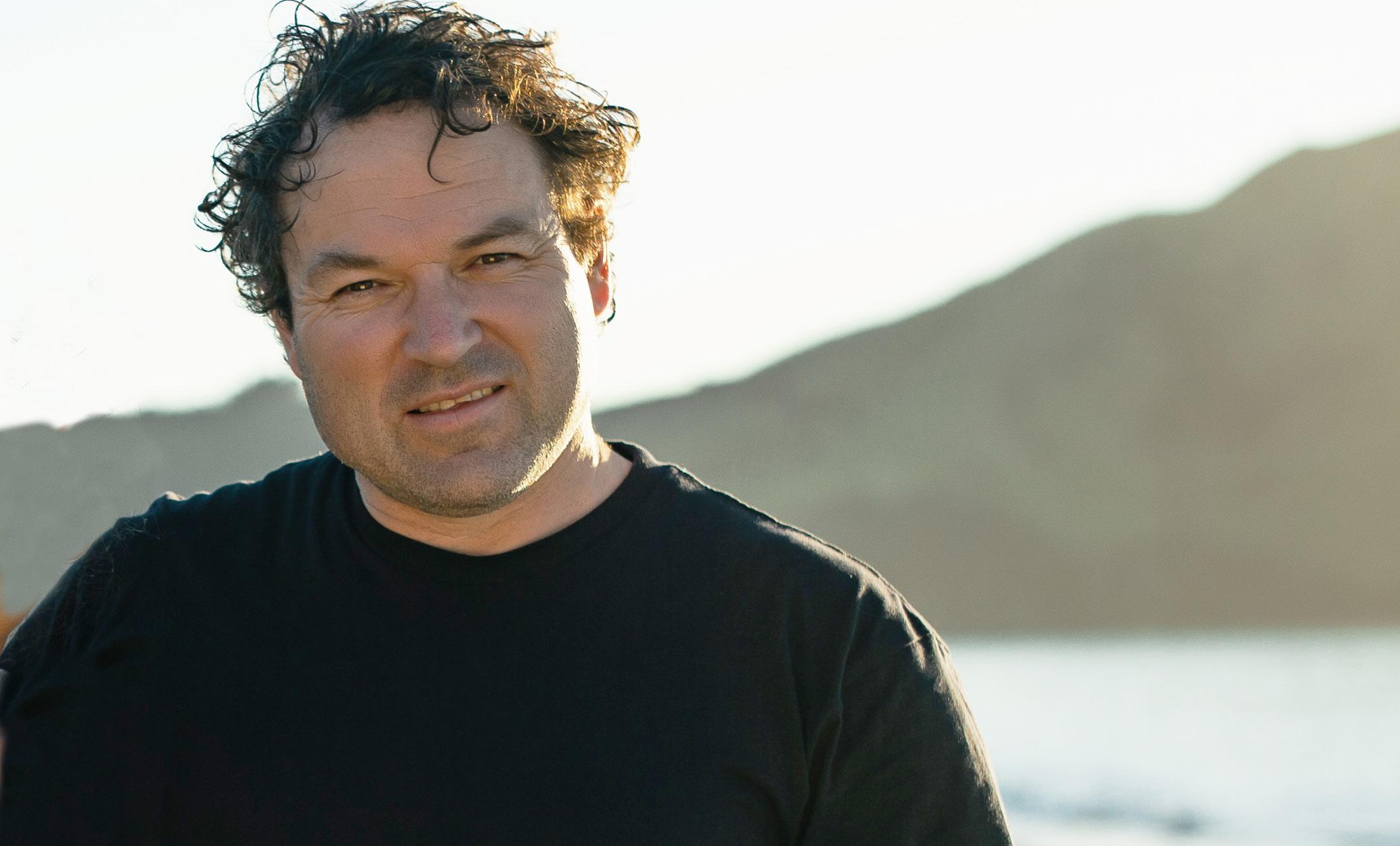
5 minute read
Te Puna Pānui o Ngāti Tama Ngahuru 2023
SENAE MITCHELL
My story is similar to many Māori who were disconnected to the fullness of living in and embracing Te Ao Māori. Born and raised in the era where our reo was not as valued or promoted as it is today and consequently, I am evident of a generation where Te Reo Māori is not my first language. However, I view my learning journey as more an awakening and activation of my Māoritanga. Inherently, I always knew from a young girl this was me, my language, my way of doing. But not having the tools, resources and validation I needed to unlock it. That feeling, the memory I have continues to motivate me. It drives me forward to take the steps I need to follow, in order for me to unlock my reo and all that is encompassed in the process.
Advertisement
Over the years I have participated in many reo courses (and continue to do so). What I learnt quite quickly was how the impact of language trauma can be a barrier. Feeling whakamā; the fact I don’t have the reo and living as an indigenous wāhine in her own country, hits hard at times. Also, my ability to commit and with restrictions like time; or lack thereof, is an ongoing challenge. I acknowledge there have been seasons of having the time but not necessarily the cognitive capacity to retain the knowledge. As well as, being aware that my desire maybe always present but making achievable plans for my learning to be successful requires realistic expectations, commitment and self-compassion. This path is also about my ability to learn doesn’t have to look a specific way; I get to choose that narrative.
This is one of my favourite whakawai , I have it displayed in my home and workplace as a constant reminder. The proverb
reflects my whakaaro on my personal reo journey – the small intentional steps I take direction that I value can have a significant impact.
One of the biggest contributors to my journey continues to be my tūpuna. Knowing that many had their reo stripped from them sits deep with me. I do not want my mokopuna and future generations to be restricted by a society that does not value Māoritanga, our taonga, our ways of being.
I understand that what I can control and for change to occur; I have a role and responsibility to participate in. Like our tūpuna who had to make decisions for their future legacy - Us. I too realise my responsibility is to learn our reo, to share with my whānau and create an environment where they will never have to experience what our tūpuna endured.
I also acknowledge my journey has been enhanced by those on their own reclamation path. Being surrounded by likeminded individuals tends to inspire, motivate and at times provide a sense of accountability. Another contributor has been participating in Ngāti Tama virtual He Ranga Kōrero and Maramataka Series. These are invaluable additions to my kete. Immersed in these wānanga is providing me with many benefits alongside my reo knowledge: the on-going connection to whānau, solidifying identity and expanding my Iwitanga and Māoritanga.
Like many, my reo journey has shifted from ‘just’ learning our language to healing the personal loss of what our tūpuna and many generations thereafter have experienced. Hearing, speaking and learning our language and revitalising practises is all a part of the healing process. Te Reo Māori is the conduit in strengthening my cultural, my sense of belonging and purpose.

GRANT JOYCE
How did your te reo learning journey begin?
The very first te reo Māori that I learnt was from Janice Manson when she sat me down and taught me my pepeha. Fast forward many years to enrolling in the Te Wānanga o Aotearoa, yearlong Te Ara Reo programme, followed by the second year course also at Te Wānanga o Aotearoa.
Who has contributed most to your reo journey?
My first kaiako at the Wānanga o Aotearoa were Elena Fe’au and her husband Hori Mike who were both were excellent teachers who understood how to create an ideal learning environment. They really managed to imbue in me the idea that it was possible to learn te reo and opened my eyes to the symbolic richness and power of the language.
What have been the most significant challenges in the learning journey for you and your whānau?
Life can be very busy and time very fragmented. Finding the time to sit down and concentrate on learning te reo Māori can be difficult. The commitments of family life and work definitely get in the way. The distractions of technology create bad neural pathways making it difficult to concentrate. Most of my practice and learning happens on long walks around the hills of Te Whanganui-a-Tara. If I could choose my ideal learning environment, I would be born surrounded by speakers of te reo Māori. Failing that, to learn while young would be ideal.
Why is the reo so important to me? to us?
The culture is in the language. If I want to deepen my understanding and connection to te ao Māori then I need to learn te reo. Through deepening our knowledge of te ao Māori we connect with the past (ngā tūpuna), the present (our whānau) and the future (our tamariki). Forming relationships with our iwi & whānau has been a profoundly enriching experience. So in order to progress we must make opportunities to listen, learn and practice.
What does ‘Tama tū ki te Tauihu, Tama ora ki te Ao’ mean for you and your whānau?
It means through the health of te reo Māori we will stand together steadfast, upright and strong to represent our tūpuna, whānau and iwi.

